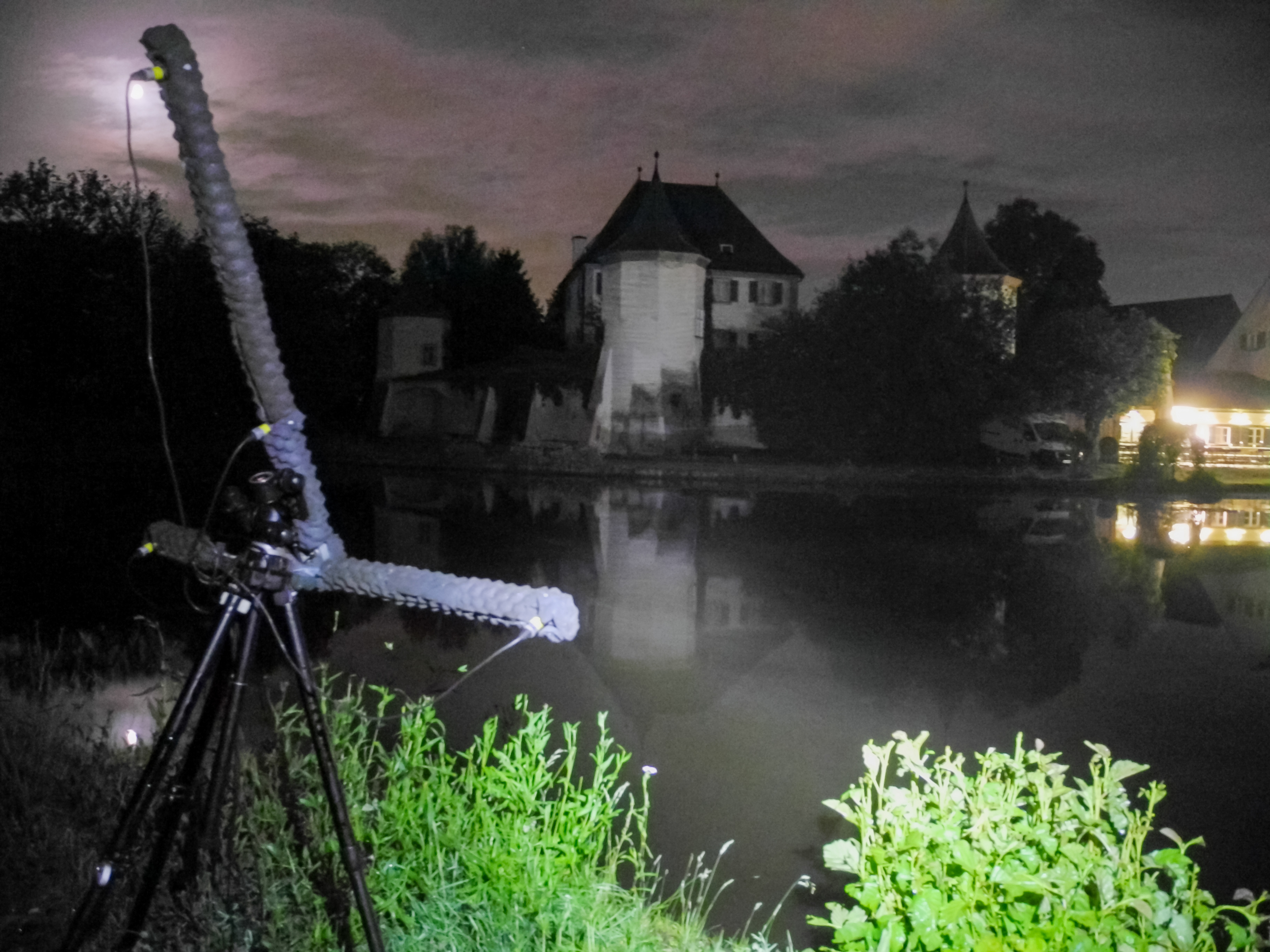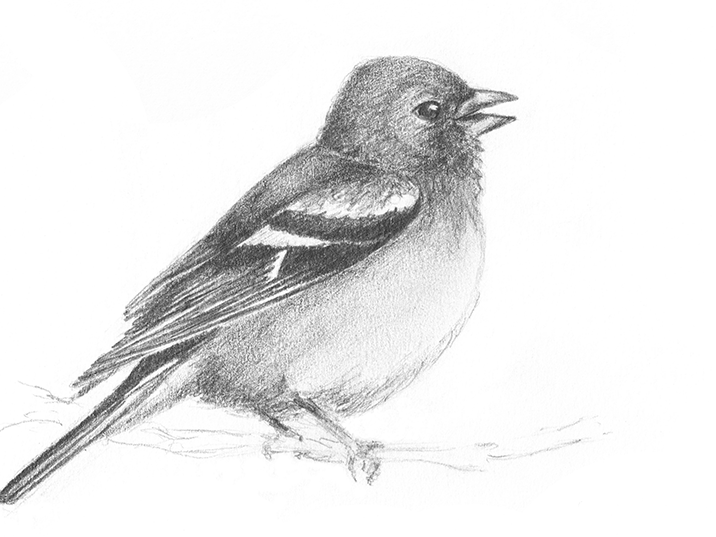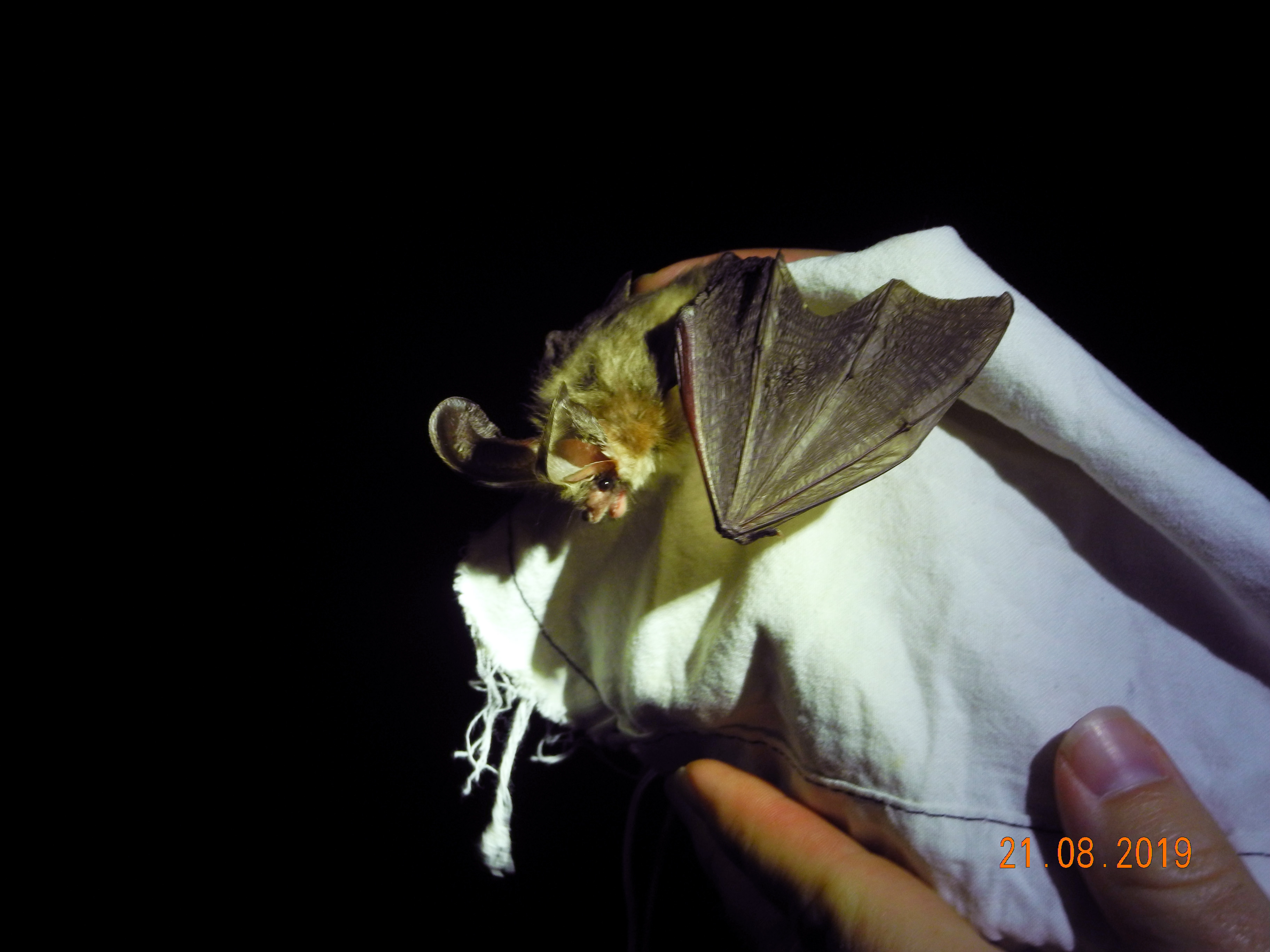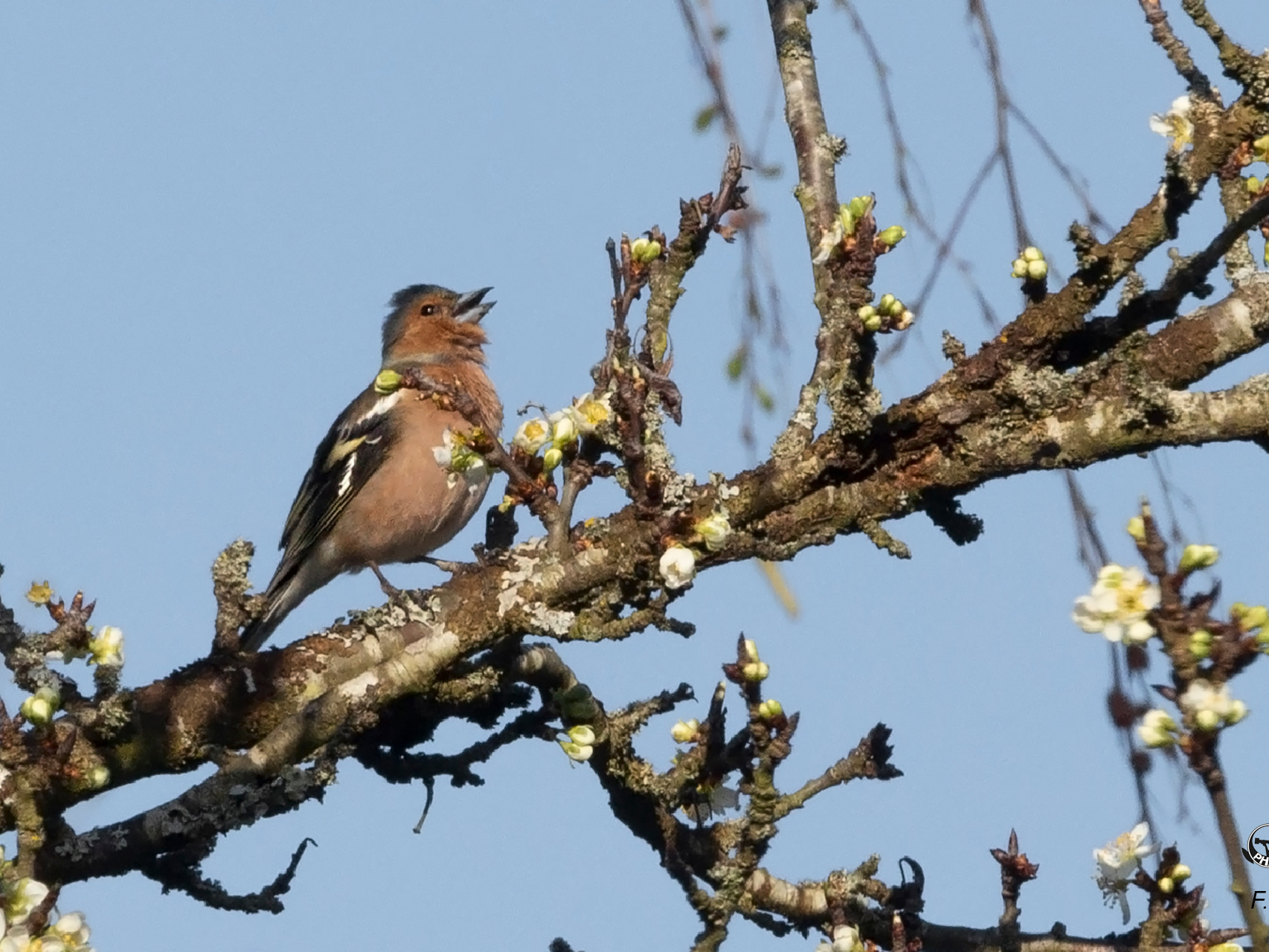Birds in noisy areas tend to change the timing of their vocalisations to avoid the more noisy periods. For example, some species will keep quiet during car or plane by-passes and only sing in the silences. Other species start singing earlier in the morning, in the silent periods (and some do both).
We wanted to know how long it takes for birds to start changing their singing schedules by replicating conditions of noise pollution in the lab. We have exposed canaries to intermittent noise, and expected them to sing only in the silences between the noise bursts after some time. Instead, we realized that canaries started singing almost exclusively when the noise started, and independently of the noise intensity. This is very surprising, since their beautiful songs are then always covered up with noise, especially when the noise level is high...
We don't know why our canaries sang only during the noise bursts, maybe future studies will help us understand better...
Congratulations and Thanks to our Master student Hana, who ran the experiment and performed the analyses with us! Click here to read the full study
Photo : a pair of Canaries in a sound-isolated box. (c) H. Goto





